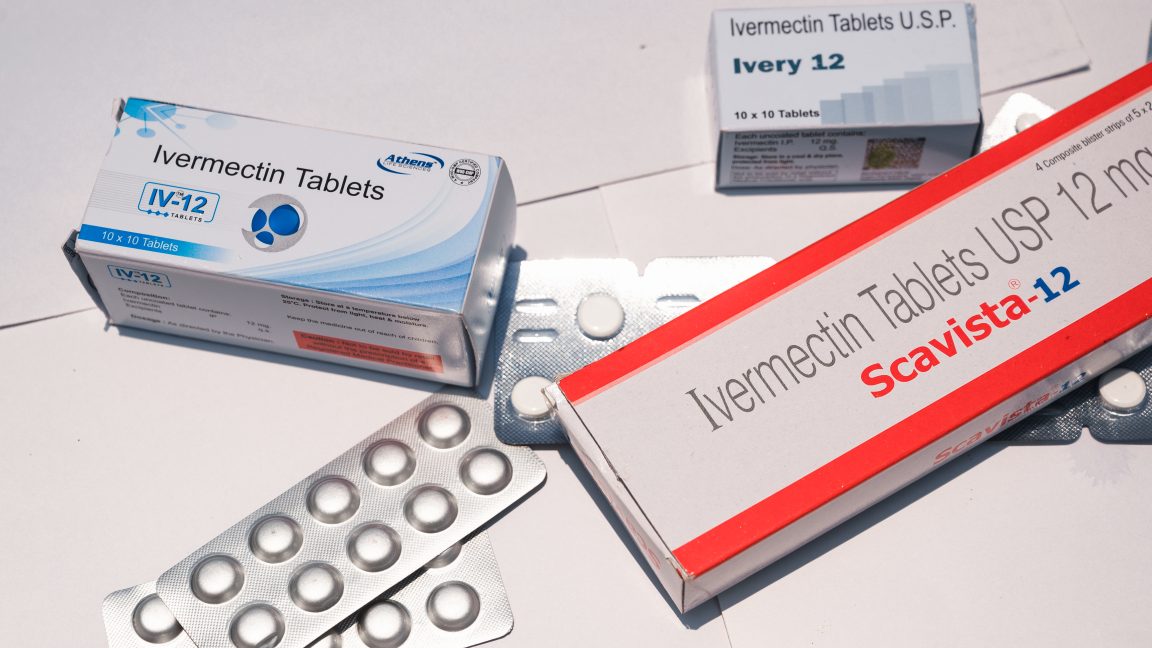Modern medicine’s loss is social media’s gain. Since the pandemic hit, public trust in science and evidence-based medicine, like lifesaving vaccines, has declined. Yet, trust in the anecdotal and often bonkers health advice that endlessly swirls on social media only seems to have risen—and that trust seems unshakeable.
A perfect example of this is ivermectin. In the early stages of the pandemic, some laboratory data suggested that ivermectin—a decades-old deworming drug—might be able to prevent or treat COVID-19. The antiparasitic drug was initially used in the 1970s to treat worm infections in animals, but years later, it gained FDA approval as a prescription drug for treating parasitic infections in humans, including river blindness.
Before scientists could conduct clinical trials to know if ivermectin could also treat the new viral infection, COVID-19, the idea took off, mainly among conservatives. Anecdotes and misinformation ballooned.
From Ars Technica - All content via this RSS feed



I think you have this backwards. If people are taking ivermectin for cancer instead of immunotherapy, then the pharmas are definitely loosing money. A single treatment of Keytruda costs around $25,000. A standard regimen is one every three or four weeks. And these treatments can go on for years. (yes, I know people personally who have been taking Keytruda for several years)
Similar story for monoclonal antibodies. They often cost over $100,000 per year
For other chemo drugs, it varies. Xeloda, doxorubicin, cisplatin (in IV form), cyclophosphamide, and others are all reasonably priced, most around $1 to $10 per pill, it seems.
It’s also worth noting that a standard course of treatment for cancer will usually combine several different drugs.
Ivermectin, on the other hand, costs a dollar or two per pill at most, and could be less than a dollar each.